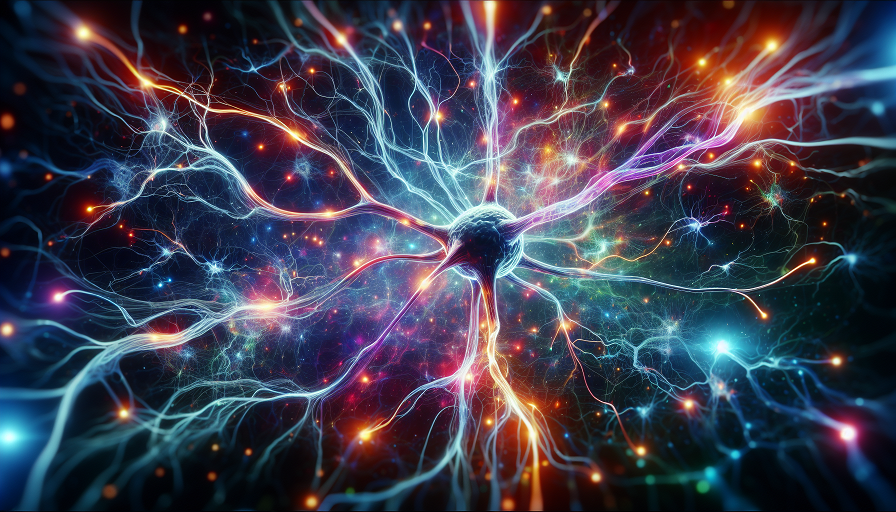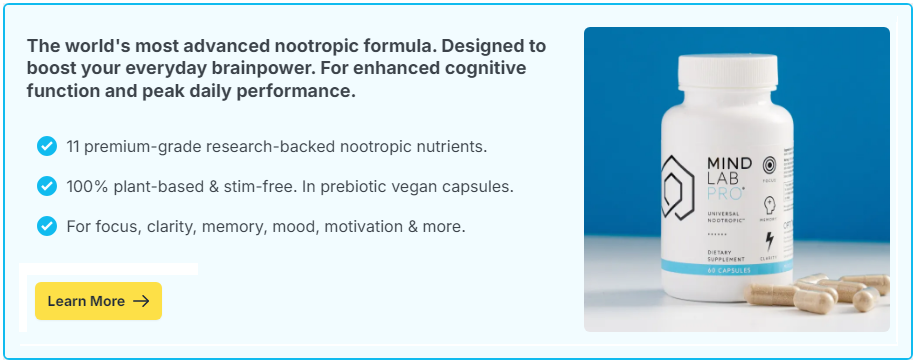
Struggling to break bad habits or build better ones? You’re not alone. The brain is wired to seek comfort and efficiency, which is why old habits stick around while new ones feel impossible to maintain.
The good news? Neuroscience reveals that with the right strategies, you can rewire your brain to make positive habits automatic and effortless.
Here are 8 science-backed tricks to hack your brain and build lasting habits.
Contents
1. Use “Habit Stacking” to Build New Routines
Why it works: Your brain already follows routines—linking a new habit to an existing one makes it easier to remember.
The science: Neuroscientist Dr. BJ Fogg found that pairing new habits with existing ones increases success rates.
How to do it:
- After brushing your teeth, do 10 push-ups.
- While making coffee, practice deep breathing.
- Before checking your phone in the morning, drink a glass of water.
2. Make It Stupidly Simple
Why it works: The brain resists complex tasks but thrives on small, manageable steps.
The science: The Two-Minute Rule states that any habit should start so small it takes less than two minutes to do.
How to do it:
- Want to start exercising? Do one push-up.
- Want to read more? Read just one sentence.
- Want to meditate? Close your eyes for 10 seconds.
3. Reward Yourself Immediately
Why it works: The brain releases dopamine when rewarded, reinforcing behaviors.
The science: Studies show that immediate rewards strengthen habit formation by activating the brain’s reward system.
How to do it:
- Celebrate every small win by saying, “Good job!”
- Use a habit tracker and check off completed tasks.
- Treat yourself after completing a habit (but keep rewards healthy!).
4. Design Your Environment for Success
Why it works: Your surroundings shape your behavior more than willpower does.
The science: Behavioral research shows that making cues visible increases the likelihood of following through.
How to do it:
- Place a water bottle on your desk to encourage hydration.
- Lay out your workout clothes the night before.
- Keep healthy snacks visible and junk food out of sight.
5. Identify and Eliminate Habit Triggers
Why it works: Most habits start with a trigger—removing the trigger breaks the habit loop.
The science: Neuroscientists found that identifying cues (time, location, emotion) helps disrupt bad habits.
How to do it:
- Trying to stop snacking? Don’t keep chips in the house.
- Procrastinating with social media? Move your phone to another room.
- Overspending online? Remove saved credit card details.
6. Use the “Don’t Break the Chain” Method
Why it works: The brain loves consistency—seeing progress makes you want to keep going.
The science: Habit expert James Clear suggests tracking habits visually to reinforce behavior.
How to do it:
- Use a calendar to mark each day you complete your habit.
- Set a streak goal (e.g., meditate for 30 days straight).
- If you miss a day, get back on track immediately.
7. Tie Your Habit to Your Identity
Why it works: People act consistently with who they believe they are.
The science: Research shows that identity-based habits (e.g., “I am a healthy person”) stick better than outcome-based ones.
How to do it:
- Instead of “I want to run,” say “I am a runner.”
- Instead of “I want to eat healthy,” say “I am someone who makes healthy choices.”
- Think of yourself as the type of person who naturally does the habit.
8. Be Patient—Habits Take Time
Why it works: Your brain needs repetition to form strong neural pathways.
The science: Studies show that habit formation takes anywhere from 21 to 66 days, depending on the behavior.
How to do it:
- Commit to small, daily progress instead of expecting instant results.
- Remind yourself that missing a day won’t ruin your progress.
- Trust the process—your brain is adapting even when you don’t notice.
Interested in more brain health listicles? Go HERE

